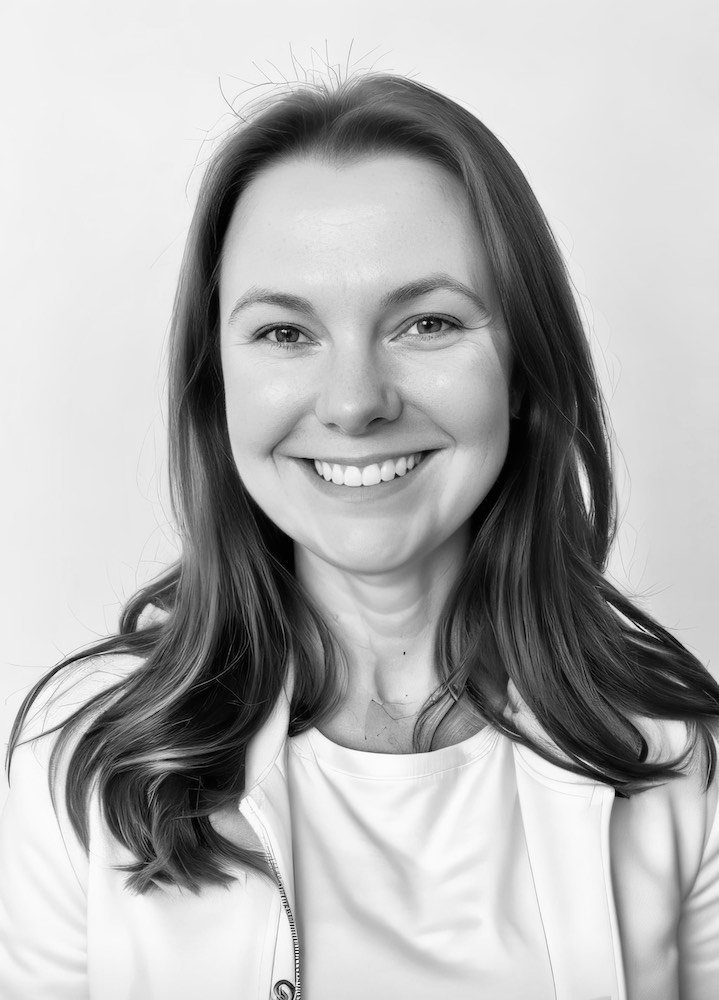Growing the Pie: Lessons in Prioritizing Collective Impact Over Individual Missions
Principal Sara LaCava Lieberman discusses Community-Centric Fundraising
Community-Centric Fundraising Principle #2:
“Individual organizational missions are not as important as the collective community.”
Principal Sara LaCava Lieberman
When I first entered the world of fundraising at a small, national organization, I had one focus: raise as much money as possible to meet our organization’s goals. That’s what I’d been trained to do. Each year, the pressure to hit targets, especially during year-end fundraising, felt immense. So when someone suggested that we use one of our year-end email appeals—not to solicit donations for ourselves—but to raise money for other organizations, I was immediately skeptical. I was responsible for reaching specific goals and this was the most important giving time of the year.
The results were not what I expected.
We chose organizations whose work complemented ours, focusing particularly on local groups and organizations led by people of color. In the body of the email, we linked directly to each of these organizations, encouraging our supporters to visit their sites and consider making a gift. We explained why each organization’s work was so critical to achieving the change that we—our organization and our donors—want to see. While the email didn’t directly ask for donations to our organization, we did include a donate button in the footer.
We sent the email out on Giving Tuesday and it became one of our highest-performing emails of the entire year-end campaign. This left me thinking: why did this work so well?
Thought Leadership Is Not Just About You
Nonprofits aren’t immune to the growing mistrust in institutions we’re seeing nationwide. This is the natural consequence when institutions lose sight of the greater good and start prioritizing their own power. When we focus solely on self-interest, we erode the trust of those we’re supposed to serve. Donors don’t give to help prop up our organization—they give because they believe in the change we’re all working toward.
By centering the email on the broader movement, we showed our donors that we care more about the mission than about boosting our own profile. This transparency and commitment to collective progress helped build trust.
Thought leadership, by definition, can feel hierarchical—suggesting that one organization is the sole authority. But true leadership comes from shifting from an “our organization first” mindset to one that prioritizes the collective mission.
The Limitations of Fundraising Goals
One reason I was initially reluctant to support this unconventional email appeal was that I had dollar goals to hit, which would be factored into my performance evaluation. Fundraising is often treated as a numbers game, but we need to acknowledge that it’s about more than just the money.
So many factors impact fundraising results that are entirely out of a fundraiser’s control—the state of the economy, the timing of bequests, shifting foundation priorities. While monetary goals will always be a part of our work, evaluating success needs to take a more holistic view.
This experience reminded me that fundraising is not just about money; it’s about building a movement and growing long-term support for the issues we care about.
The Dangers of Self-Preservation and Scarcity Mindset
Nonprofits can easily fall into the trap of focusing on survival rather than purpose. Are we here just to keep our doors open, to maintain staff employment, or to feed our own need for validation? No. We exist to create a better world, and we cannot do it alone.
When I hesitated, part of the fear came from thinking about my coworkers who rely on me to help raise the budget so they can keep their jobs. But if we only think in terms of scarcity, we’ll never move beyond maintaining the status quo. By collaborating with others, we can grow the pie for everyone.
If you’re scared of stepping outside the norms of “good fundraising,” I encourage you to push past that discomfort. When we’re uncomfortable, it often means we’re growing. We spend so much time worrying about what we’ll lose if we take a risk, but we don’t always consider what we’re losing by playing it safe.
What Could We Achieve Together?
This experiment challenged me to think beyond my own goals and ego. It showed me that we’re part of a larger ecosystem of organizations working toward a just society. Our missions are deeply interrelated. When we prioritize the collective community over individual organizational success, we unlock new potential for impact. Want to discuss more? Send us an email at hello@threadstrategies.com.

